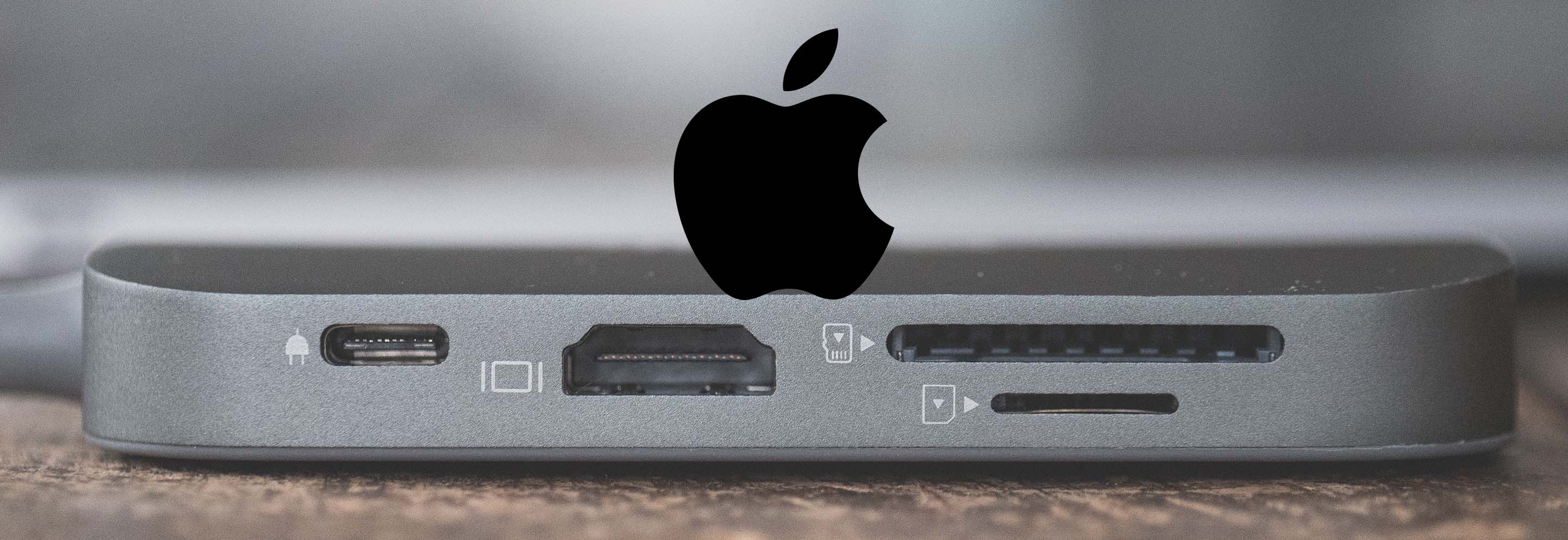Apple, a trailblazer in the smartphone industry, is gearing up to make a significant change. According to supply chain analyst Ming-Chi Kuo, 2025 is slated to be the year Apple will roll out its in-house 5G modem, marking a potentially monumental shift in the company’s hardware strategy. But what does this change mean for Apple, its partners, and consumers?

A Decade in Development: Apple’s Modem Journey
Apple’s interest in designing its own cellular modem is not recent. The tech behemoth has reportedly been nurturing this vision for over five years, showcasing its commitment to technological self-reliance. By 2019, Apple had already acquired the majority of Intel’s smartphone modem business, which can be seen as a critical stepping stone in its journey. This was after a brief stint where iPhones were equipped with Intel modems, which unfortunately didn’t meet consumers’ expectations.
Qualcomm’s Reign and its Impending End
Historically, Qualcomm has been the linchpin for Apple’s modem needs. Their advanced 5G basebands powered the entire Apple product lineup, solidifying their role as a critical partner. Yet, the relationship hasn’t always been smooth. Legal skirmishes between the two giants revolved around alleged anticompetitive practices and patent infringements, highlighting the tense partnership. However, the acquisition of Intel’s 5G modem business and a subsequent multi-year licensing agreement with Qualcomm signaled Apple’s intentions: crafting its own 5G modem.
The Implications of Apple’s Modem Shift
Apple’s switch to its custom-designed 5G modem carries several implications:
- Reduced Dependence on Qualcomm: Apple’s in-house modem will diminish its reliance on Qualcomm, offering Apple more control over its supply chain.
- Economic Impact: With Apple being a significant buyer, this could affect Qualcomm’s bottom line. However, Apple’s licensing agreement will ensure some continuity in the interim.
- Performance and Consumer Benefits: While Qualcomm has set industry standards with its modem technology, it remains uncertain whether Apple’s modem will offer any tangible advantages to consumers.
What Lies Ahead?
Multiple reports, including one from Bloomberg in early 2023, suggest the fourth-generation iPhone SE might be Apple’s first device to be equipped with its proprietary 5G modem. However, with mass-production of the iPhone SE reportedly delayed until 2025, the introduction could coincide with the release of the iPhone 17 or even later.
The Challenges and Expectations
Crafting a modem that can rival or surpass Qualcomm’s offerings is no small feat. Apple has pumped billions into this endeavor, but results have been elusive. A sub-par modem could damage Apple’s reputation, making it imperative for the company to ensure their in-house creation meets, if not exceeds, current industry standards.
In Conclusion
Apple’s transition towards self-reliance, signified by its decision to develop its own 5G modem, epitomizes the company’s commitment to innovation. While challenges abound, 2025 could be the year where Apple reshapes the smartphone modem landscape, bringing about changes that could redefine the industry. As with any Apple innovation, the world will be watching closely.